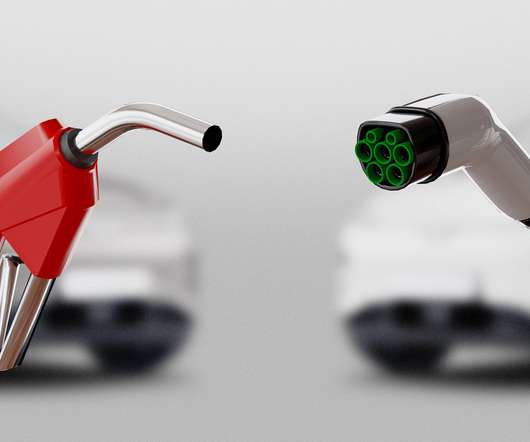60% of $18B in US clean energy tax credits 2006-2012 went to top 20% by income; 90% in the plug-in program
Green Car Congress
AUGUST 30, 2015
The most extreme case, Severin Borenstein and Lucas Davis found through their examination of tax return data from the IRS, is the program aimed at electric vehicles—the top income quintile received about 90% of all these credits. Source: Borenstein and Davis. —Borenstein and Davis (2015). Electric Vehicle Credit.












Let's personalize your content